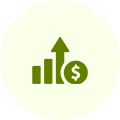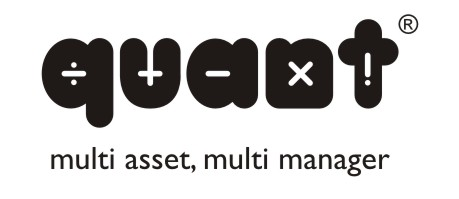Attention Investors
"Filing complaints on SCORES - Easy & quick
Register on SCORES portal
Mandatory details for filing complaints on SCORES:
Name, PAN, Address, Mobile Number, Email ID
Benefits
Effective communication
Speedy redressal of the grievances"
"Prevent Unauthorized Transactions in your demat and Trading account --> Update your Mobile Number and Email ID with your Depository Participant/Broker. Receive alerts on your Registered Mobile for all debit and other important transactions in your demat/Trading account directly from CDSL/Exchanges on the same day ...................... issued in the interest of investors."
"KYC is a one time exercise when dealing in securities markets - once KYC is done through a SEBI registered intermediary (broker, DP, Mutual Fund etc.), you need not undergo the same process again when you approach another intermediary."
"We, as a company, do engage in Proprietary Business in commodity/Equity/Currency segments."
"SEBI: No need to issue cheques by investors while subscribing to IPO. Just write the bank account number and sign in the application form to authorize your bank to make payment in case of allotment. No worries for refund as the money remains in investor's account."

































